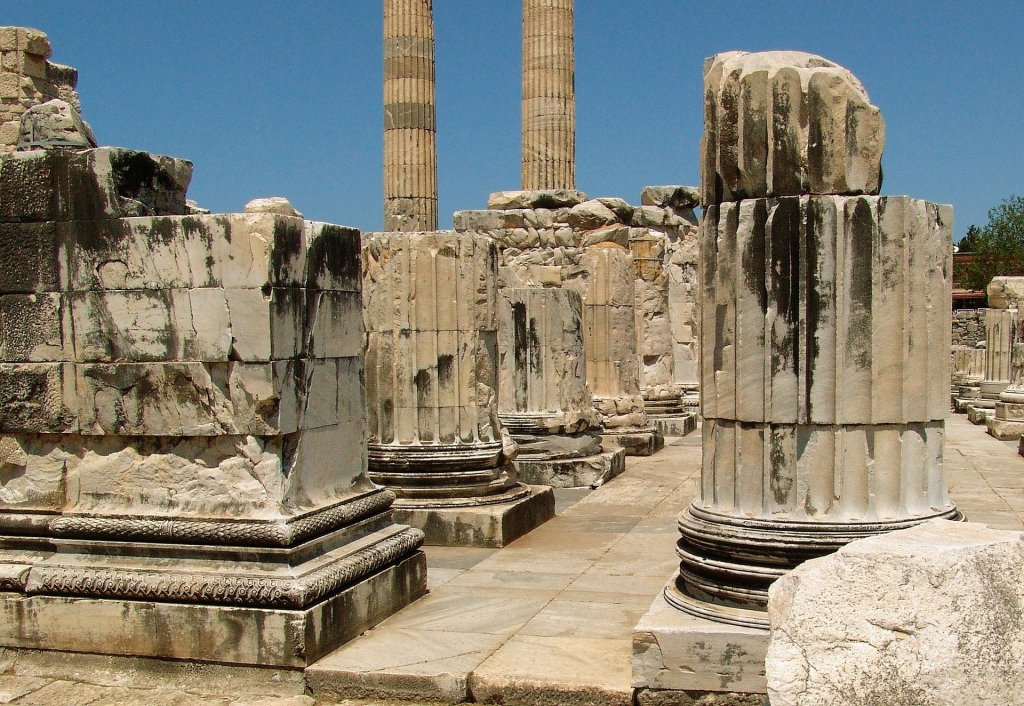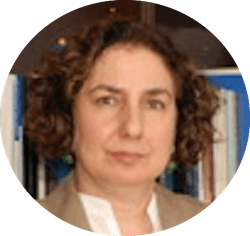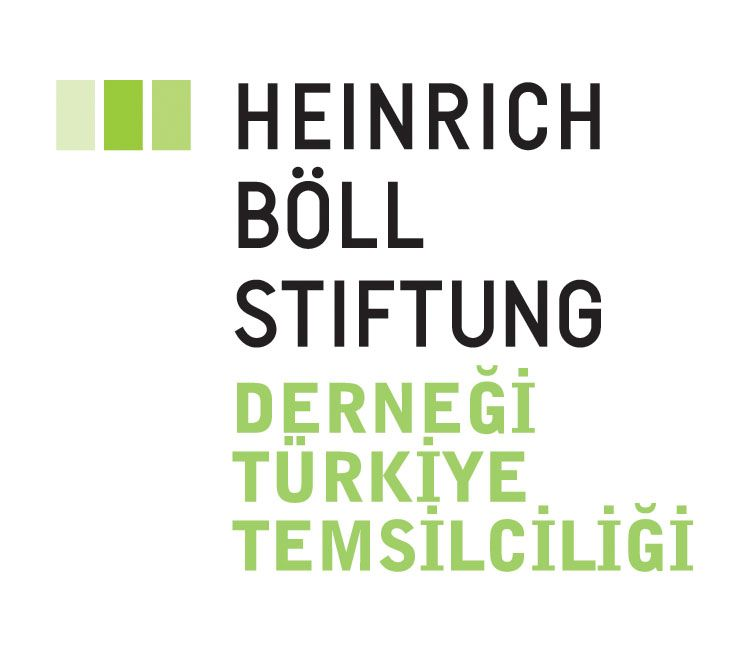
Soft power has been one of the most popular concepts of International Relations since Joseph Nye used it in his book Bound to Lead: The Changing Nature of American Power.[1] He later further developed the concept in other studies.[2] Although its definition has remained as fuzzy as many other concepts of the discipline and the debate continued as to what constitutes soft power and, more so, what the impact of it on international relations, its usage continued not only in the case of the United States but also other countries as well. Turkey is one of the countries on which a fair amount of literature developed in connection with this concept.[3]
As Nye defines it, soft power, as opposed to hard power, is the ability to shape others’ behavior through appeal and attraction. Nye identifies three broad categories of soft power: “culture”, “political values”, and “policies.” Thus, “a country may obtain the outcomes it wants in world politics because other countries –admiring its values, emulating its example, aspiring to its level of prosperity and openness– want to follow it.”[4] In this broad framework, it can be argued that soft power emanates from what a country is and what it does. Furthermore, there is also a third dimension to the discussion, emphasizing that soft power is contextual and temporal. Thus, a country’s appeal and attraction are also a function of the particular context and the period. Within this framework, I would argue that there have been two periods in Republican history where one can talk about Turkey’s rising soft power.
The first period where Turkey’s soft power became visible was the period of the national war of independence and the establishment of the Republic. Turkey became one of the few countries that did not accept the post-World War I settlement imposed on it by the winners of the war. Turkey’s War of Independence was closely monitored by nationalists in different parts of the world, who were under colonial rule and formulating their plans for independence.
The appeal of Turkey’s war for liberation was first and foremost felt in the Middle East and the Islamic world in general. It has been demonstrated that Turkey’s quest for independence had led to “hope and strong feelings” in Tunisia, Egypt, and Algeria. Beyond the Middle East, several studies have shown Turkey’s attraction to Indonesia and Malaysia. For instance, Selçuk Esenbel writes that Turkey’s war of independence was followed closely and admired in Indonesia. During that period, an Indonesian statesman and nationalist, Mohammad Hatta, wrote, “In their struggle for independence, the Indonesian people found new inspiration and a source of strength in the victories won by the Turkish people under the leadership of Kamal Ataturk. Ankara was regarded as the Mecca of modern nationalism. The victories of the Turkish Army at Sakaria and Afyon Karahisar will remain in the memory of the Indonesians as momentous events that determined the course of history: the dawn of Asian freedom was beginning to break.”[5] Although the appeal of Turkey’s war of independence was higher among the Muslim-majority countries, it also existed elsewhere. For instance, in India, it was not only Muslims who were inspired by what was going on in Anatolia but also Hindus, as demonstrated by a study that focused on Mahatma Gandhi’s view about dealing with British colonialism was influenced by what was happening in Turkey.[6]
In addition to what Turkey did, what Turkey had become after the establishment of the Republic also increased Turkey’s attractiveness to some states. During the early years of state formation, Turkey embarked on an extensive reform program to transform state and state-society relations. These reforms became a source of inspiration, particularly for Iran, Tunisia, and Afghanistan. Despite these countries’ admiration for Turkey, which can be considered a soft power asset, the abolishment of the Caliphate and the adoption of laicism also led to some criticism in the Islamic world.[7]
Thus, in establishing the Republic, Turkey became a source of inspiration, appealed to many states under colonial rule, and engaged in post-colonial state-building, mainly in the Islamic world and beyond. The origins of this inspiration and appeal rested in what Turkey was and what Turkey was doing. These soft power assets were made possible by the context of increasing nationalism and the struggle against colonialism.
The second period where Turkey’s soft power increased was in the late 1990s and 2000s. During this period, Turkey achieved considerable socioeconomic and political development compared to its neighbors in the Middle East. More significantly, it has engaged in a rigorous reform process since the mid-1990s, mainly to become a member of the EU. The reforms began under the auspices of the coalition government led by Bülent Ecevit of the Democratic Left Party (Demokratik Sol Parti-DLP) and continued under the Justice and Development Party (Adalet ve Kalkınma Partisi-JDP) which came to power as a majority government in late 2002. Turkey’s soft power increased in the JDP’s early years as the party focused on soft power tools extensively in its foreign policy. During this period, again Turkey’s soft power emanated from what Turkey was and what Turkey did.
As to what Turkey was, coming to power with the JDP added a new dimension to Turkey’s attraction and appeal, especially in the Islamic world. The JDP itself focused on the importance of the Turkish experience as revealing the possibility of “moderate” Islamism and its compatibility with democracy. This “model” was perceived as attractive in Muslim-majority countries where both the Islamist and the liberal opposition were looking for ways to get out of an impasse of “authoritarian resilience.” Furthermore, what the JDP rule represented, and its domestic and foreign policies were also attractive for the US, promoting this “model” as a panacea for addressing the growth of Islamist radicalism in the world, especially after the terrorist attacks on September 11, 2001.
What the “Turkish model” means and what constitutes its assets is subject to debate. Unlike the JDP narrative, one could focus on the Turkish experience in a larger context, emphasizing the important example Turkey sets as a Muslim nation that is democratic, secular, economically well-integrated with globalization, an accession country with the European Union, and one historically belonging to key Western institutions such as NATO, OSCE, the Council of Europe, and OECD. Within such a larger framework, Turkey’s appeal cannot be limited merely to the JDP or the moderation of Islam. Yet, this “model” was neither promoted by the JDP nor by the external actors.
In addition to Turkey, what Turkey was doing in its foreign policy also became an essential part of Turkey’s soft power. In the early years of the JDP rule, Turkey’s rejection of supporting the US invasion of Iraq in 2003 raised Turkey’s profile as well as Turkey’s constructive roles in international relations, such as mediation and facilitation in conflicts. Turkey’s development aid policies, as well as its “humanitarian diplomacy,” also increased its attractiveness. Within this context, the open-door policy towards the Syrian refugees and hosting and providing for large numbers of refugees were admired abroad. These policies raised Turkey’s international profile and extended its influence in the Middle East, Western Balkans, parts of Africa, and beyond. Turkey established the Office of Public Diplomacy in 2010 to promote the branding of Turkey internationally through the efforts of the state actors and the support of the non-state actors.
Yet, in recent years Turkey has lost an essential part of its appeal and attraction both in terms of what Turkey is and what Turkey does. Turkey’s soft power has been tarnished by domestic transformations starting in the 2010s that have been characterized increasingly by concepts such as “competitive authoritarianism” or “populist authoritarianism.” The country’s standing in global democracy indexes, such as the Freedom House, downgraded to partly free. Domestic politics started to be polarized amid limitations on freedom of the press and freedom of expression. In addition, the image of Turkey’s political development was negatively affected by a coup attempt in 2016. Turkey’s economic success was also replaced by a financial crisis, especially since 2018, with soaring inflation, devaluing of the Turkish Lira, and increasing unemployment. In terms of what Turkey does, there has also been a negative shift in the perception of Turkey’s foreign relations. For most of the 2010s until very recently, Turkey’s foreign relations with the countries in the Middle East turned highly problematic. Recent flaring up of conflicts with Greece and Turkey’s frequent use of hard power also point to a very different Turkey in its regional policies than the 2000s. All this has already been reflected in the indexes that measure soft power, where Turkey’s standing has declined.[8] Recent medical aid diplomacy and policy in the Ukraine crisis seem to have helped to increase that standing to some extent, ranking Turkey 22nd in 2022, slightly above Israel and Saudi Arabia. Yet, it is clear that Turkey’s appeal and attractiveness have declined both in terms of what it represents and what it does.
In sum, particularly in two periods of the history of the Turkish
Republic, there was a significant rise in Turkey’s attraction, namely during
the war of independence and the building of the Republic and late 1990s and
2000s when Turkey engaged in an extensive reform program targeting the EU
membership and especially the JDP government’s enthusiasm to use soft power in
its foreign relations. In the first period what Turkey is and does was seen as
attractive by the state leaders as well as the people, whereas in the second
period Turkey’s appeal largely existed among the people. In both cases, the
appeal of Turkey began to polarize and eventually fade. In the first period,
the reforms in the state and state-society relations decreased Turkey’s appeal
which continued with Turkey’s membership in NATO. In the second period,
Turkey’s appeal disappeared among the liberals and then altogether declined due
to the developments in Turkey’s domestic and foreign policy.
[1] Joseph Nye (1990) Bound to Lead: The Changing Nature of American Power, NY: Basic Books.
[2] Joseph Nye (2004) Soft Power: The Means to Success in World Politics, NY: Public Affairs.
[3] See, for example, Meliha B. Altunışık (2005) “The Turkish Model and Democratization in the Middle East,” Arab Studies Quarterly, Vol. 27, Nos. 1 and 2, pp. 45-63; Tarık Oğuzlu (2007) “Soft power in Turkish foreign policy,” Australian Journal of International Affairs, 61(1), pp. 81–97; Meliha B. Altunışık (2008) “The Possibilities and limits of Turkey’s soft power in the Middle East,” Insight Turkey, 10, pp. 41-54; Necati Anaz (2022) An Assessment of Turkey’s Soft Power Resources in Asia: Potential and Limitations, Journal of Balkan and Near Eastern Studies, 24:5, 755-771.
[4] Joseph Nye (2004) Soft Power: The Means to Success in World Politics, NY: Public Affairs, p.5.
[5] From Esenbel 2013: Muhammad Hatta, “A Message to the People of Turkey,” Koleksi Muhammad Hatta 2, 35 (1950), Arsip Nasional Republic Indonesia, Jakarta. Quoted in İsmail Hakkı Göksoy, “Atatürk ve Türk İnkılabının Endonezya’daki Etkileri,” Atatürk Araştırma Merkezi Dergisi 18, 52 (2002): 1-36.
[6] R.K. Sinha (1994). The Turkish Question, Mustafa Kemal and Mahatma Gandhi, Adam Publishers.
[7] R. Hattemer, R. (2000) “Atatürk and the Reforms in Turkey as Reflected in the Egyptian Press,” Journal of Islamic Studies, 11(1), pp. 21–42.
[8] Sanem B. Çevik (2019) “Reassessing Turkey’s Soft Power: The Rules of Attraction,” Alternatives, 44(1), pp. 50–71.

Prof. Dr. Meliha Benli Altunışık, Middle East Technical University
Meliha Benli Altunışık is a faculty member in the Department of International Relations at METU. She works on the international relations of the Middle East, Turkey’s Middle East Policy, Rentier states.
To cite this work: Meliha Benli Altunışık , “The Soft Power of Turkey in International Relations”, Panorama, Online, 11 November 2022, https://www.uikpanorama.com/blog/2022/11/11/ma/

This article has been prepared with the support provided to the International Relations Council and the Global Academy by the Heinrich Böll Stiftung Association Turkey Representative within the scope of the project titled ‘Foreign Policy for the 21st Century; Peaceful, Equitable, and Dynamic Turkey’.
Copyright@UIKPanorama. All on-line and print rights reserved. Opinions expressed in works published by the Panorama belongs to the authors alone unless otherwise stated, and do not imply endorsement by the IRCT, Global Academy, or the Editors/Editorial Board of Panorama.

